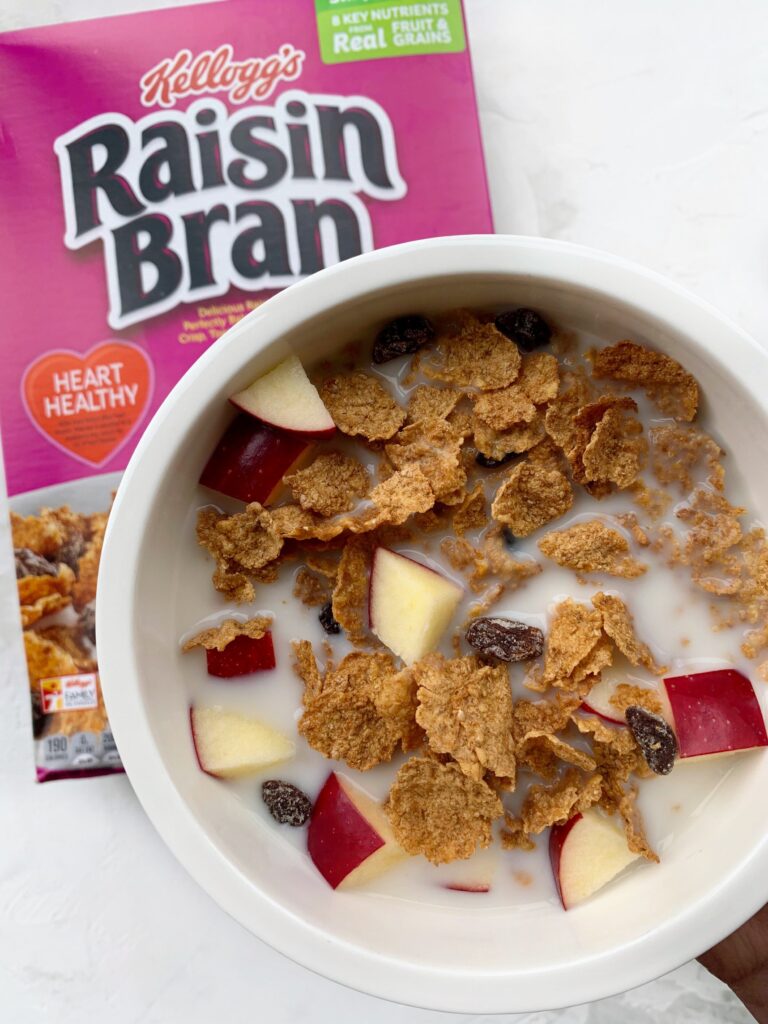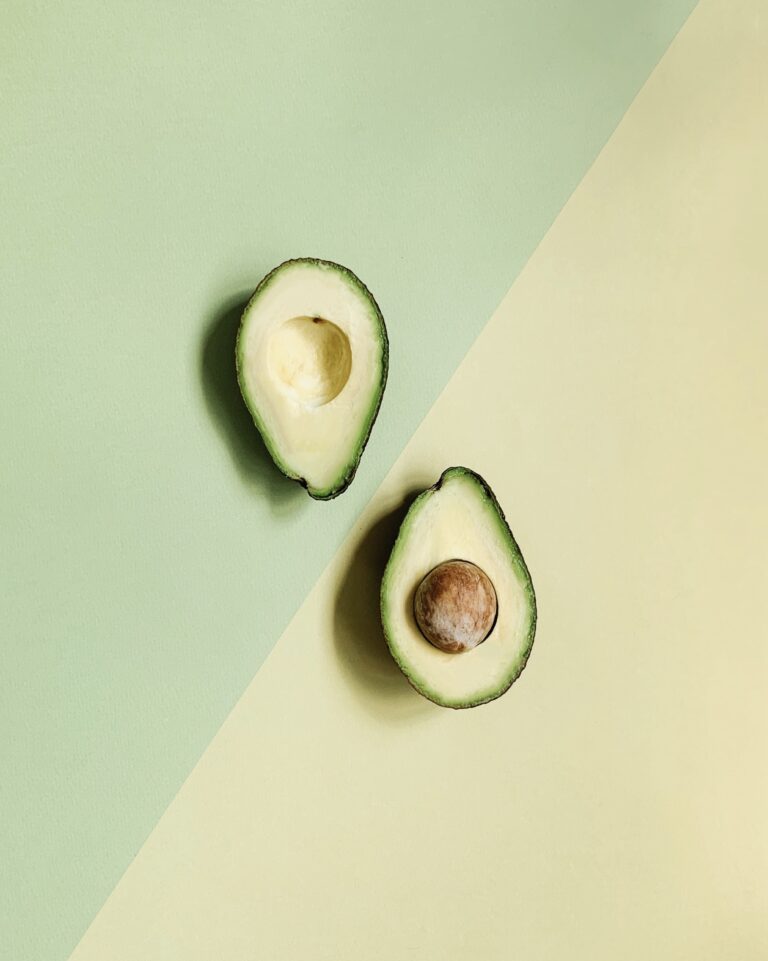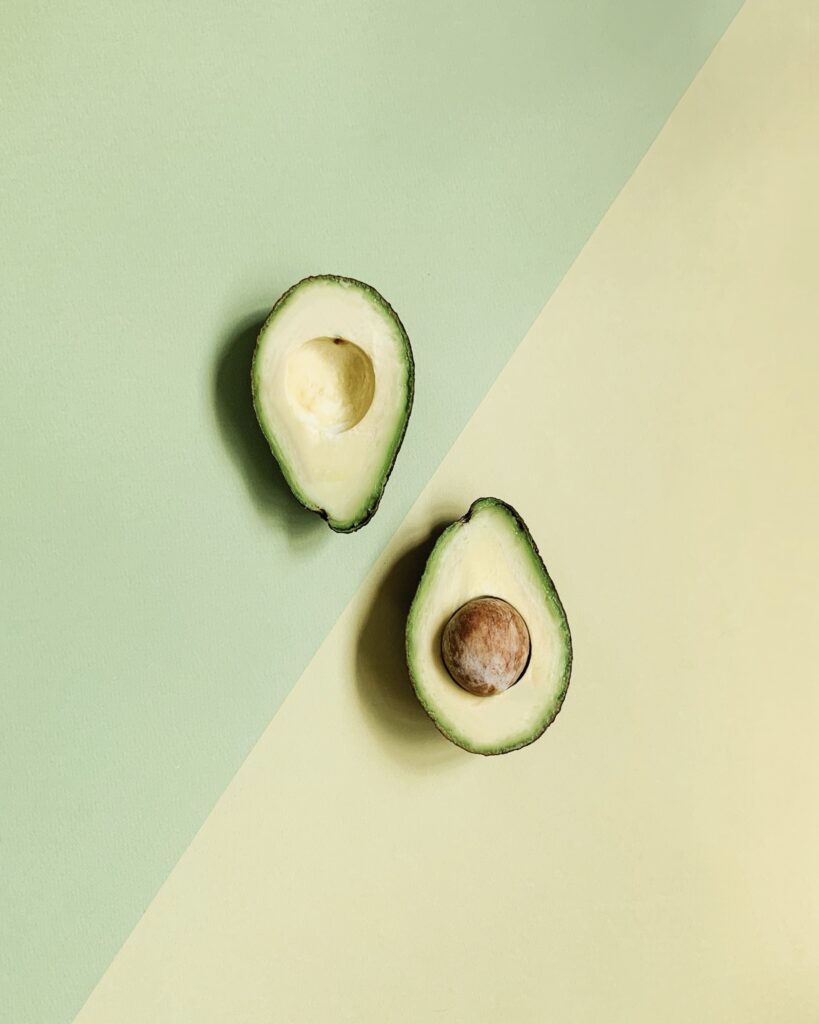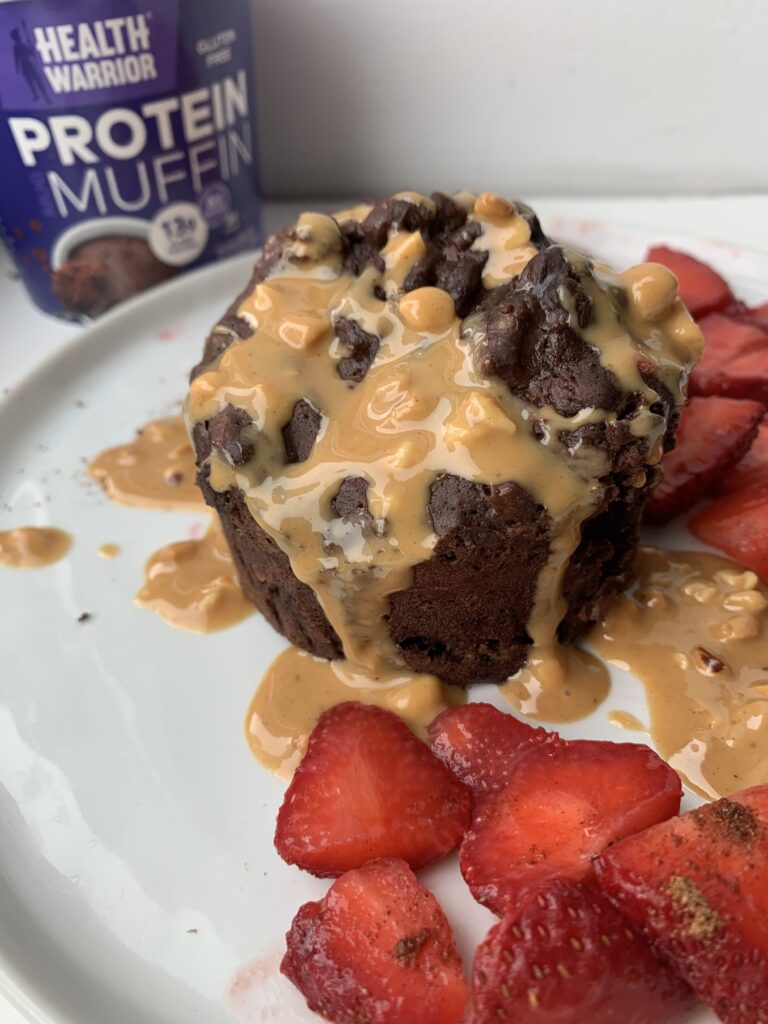
Coconut oil – super trendy, but what’s going on with it? For the past few years, this oil has had a major health halo around it (spoiler: nothing should have a “health halo.” No one food alone is a superfood. Different foods work together to provide different health benefits… but moving forward). This past Friday, new guidelines from the American Heart Association came out that said: wait a minute, coconut oil really isn’t that healthy.
As someone who’s been preaching this to clients for a while, I couldn’t have been happier to see the new research put out. But, I know many are confused by it and now don’t know what to believe. So – I’m here to explain.
Dietary Fat – The Basics
Dietary fat is categorized as either unsaturated or saturated fat. Unsaturated fats are poly- and monounsaturated fats and are the healthy fats. Polyunsaturated fats include omega-3 and omega-6 fatty acids. Unsaturated fat can help lower total cholesterol, LDL (or bad) cholesterol and triglyceride levels, reduce inflammation, and prevent heart disease. Good food sources of unsaturated fat are fatty fish like salmon, nuts and nut butters, seeds like chia and flaxseeds, plant oils like olive oil and of course, avocado.
Saturated fat, on the other hand, has been historically known as unhealthy dietary fat. Saturated fat can raise total cholesterol levels and even lower HDL (or good) cholesterol levels. It’s found in foods traditionally labeled as “unhealthy,” like butter, full-fat dairy, fatty meats like bacon and sausage, and coconut oil.
When Saturated Fat Became “Healthy”
Over the past few years, contradicting long known research and beliefs, some studies have been coming out saying that saturated fat actually is good for us. For this reason, many people will promote saturated fat foods (see above) as health foods. The problem is that many of these studies are based off observations, and not true cause-and-effect randomized controlled trials. Additionally, some studies have shown that people who ate saturated fat weren’t necessarily less healthy than those who didn’t eat it. BUT, that’s because those who weren’t eating saturated fat were instead eating more sugar and refined carbohydrates. In these studies, context is everything.
(You might notice experts are still torn on this topic. That’s because with nutrition comes science, and with science, comes new research almost daily. This is the side that I’m on based on the research I support and my own personal anecdotes with clients. Other nutrition experts might choose to support other research around saturated fat – that’s what makes nutrition so ever changing and interesting!)

Coconut Oil as a Health Food
Coconut oil comes straight from coconut – a fruit. It’s as “natural” (an unregulated term) and seemingly healthy as it gets. It’s no wonder it’s been considered healthy.
Specifically, coconut oil is touted as healthy because of the MCT’s it contains – or medium chain triglycerides. MCT’s have been proven to help with digestion. Some research states they help speed metabolism. This statement drives me nuts and couldn’t be more untrue. No single food can speed up metabolism. If there was a food that did, I would recommend all my patients eat it daily, stop working, and go live on an island somewhere.
The new research that came out is showing that – even though coconut oil contains MCT’s – it still isnot a health food. Coconut oil only contains about 13-15% MCT’s which, studies are showing, is not enough to promote health benefits.
So What Do I Do?!
Many people recommend eating saturated fat to help feel full. While it’s true that dietary fat does help us to feel full, this phenomenon works with both unsaturated and saturated fat. If you’ve been making sure to add fat with your meals to help with fullness, keep doing so by way of unsaturated fat – like avocados, peanut butter and chia seeds (still sounds good, right?!).
As far as saturated fat – I still recommend limiting the amount that you eat. The US Dietary Guidelines, which are updated every 5 years and last updated in 2015, look at all the nutrition research as a whole on each topic and nutrient. They still recommend limiting your saturated fat intake to less than 10% of total daily calories (or roughly 22 grams/day based on a 2,000 calorie diet). I recommend limiting it to that as well, including coconut oil.
Personally, I work with people with high cholesterol daily. Nine times out of 10, I can pinpoint exactly what they’re eating that’s making their cholesterol high. The same 9 times out of 10, when the patient removes this food from their diet, their cholesterol goes down – even without losing weight. Even more significantly, I’ve seen numerous people who follow remarkably healthy (and pretty trendy) diets. They’re always straight up baffled as to why their cholesterol is high – it’s almost always the coconut oil.
The Bottom Line
No one food alone will make you healthy. No one food alone will make you unhealthy. It’s important to recognize that the entire picture is what matters most. In my professional opinion, and based off the scientific research I believe, coconut oil and other saturated fats raise our body’s cholesterol levels and our risk for heart disease. If you truly love ‘em for the taste, then please, eat them! Like everything else, in moderation.













